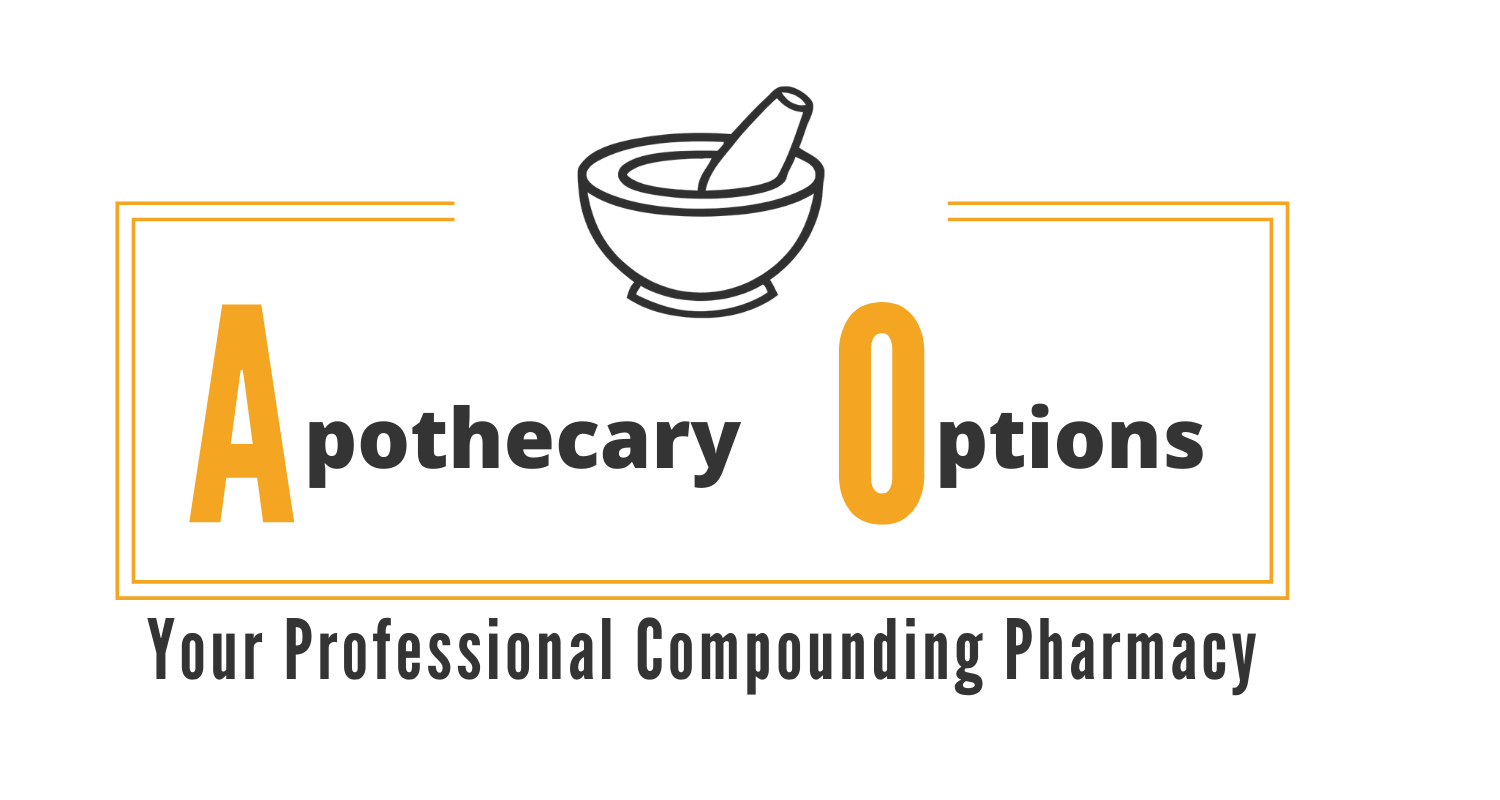Nail Fungus Options
A Cost-Effective Options for Nail Fungus
The medical term is onychomycosis. Onychomycosis is a fungal infection of the fingernails or toenails that cause them to thicken, discolor, disfigure, and split. In addition to being unsightly, there may be a foul smell associated with the infection. Without treatment, the nails can become so thick that they press against the inside of shoes causing pain and irritation. The thickness of the nail makes them virtually impossible to trim with standard nail clippers.
The cause of the infection are dermatophytes, microscopic fungus organisms that feed on the protein found in nail tissues. Most often the infections are confined to the nail bed itself, but in some instances can spread to the surrounding skin.
Patients who suffer chronic diseases, such as diabetes, or who have circulatory problems or immune-deficiency conditions, are especially prone to fungal nail infections. Other contributing factors may be a history of athlete’s foot and excessive foot perspiration.
Therapies
Onychomycosis infections are difficult to treat. Your doctor can prescribe expensive fungal medications, which are taken orally to treat these infections. However, many of these medications can cause liver damage or worsen preexisting liver disease, especially in elderly patients. Because nails grow so slowly (a large toenail may take six months or more to grow out), the medicine must be taken every day for several months to ensure treatment success. This increases the likelihood of causing liver problems and drug interactions with other medications. For many elderly patients who live on fixed incomes or don’t have prescription benefits, the cost of treatment is prohibitive. There are some less expensive over-the-counter remedies, but they usually only suppress the more mild forms of the infection and do not provide a bona fide cure.
Other Options
Our compounded formulation has been prescribed by many practitioners as an alternative option to helping patients who suffer from onychomycosis. Both patients and doctors have told us of their success stories using this compounded medication. The preparation contains two anti-fungal agents (fluconazole 2% and itraconazole 1%), plus a drug that softens the nail (ibuprofen 2%) and a penetrating agent (DMSO), which allows the fungal medications to permeate into and under the nail. It still may take 3-6 months or longer of therapy, but many clients notice a significant improvement after using the product daily for 30 days. Liver side effects are not a concern because the drugs are not absorbed significantly into the bloodstream.
If interested in one of our compounds, then print the Nail Fungus Order Form and take it with you to your doctor to discuss.
